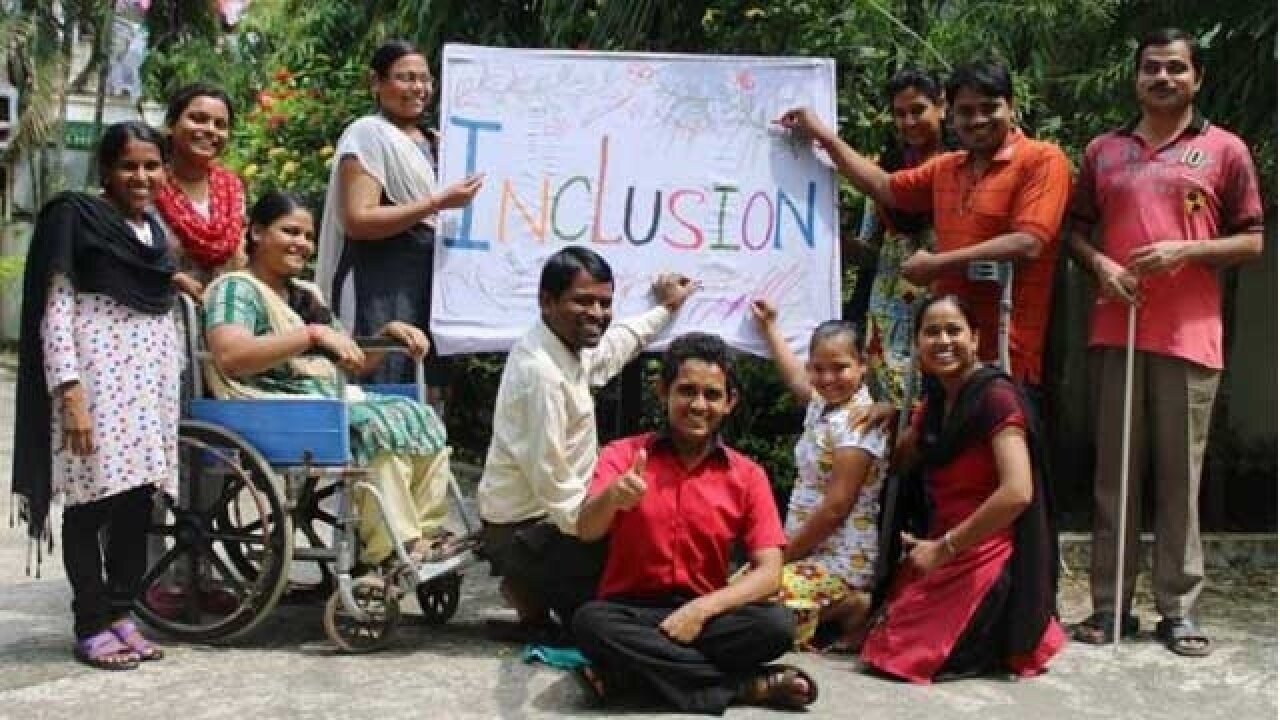
At a time when the logjam has wiped out almost the entire Winter Session of Parliament, it was heartening to witness that MPs across the divide took time out of sloganeering and forced adjournments to approve the Rights of Persons With Disabilities Bill, 2016. The proposed legislation awaits the nod of the Lok Sabha, and may become statute within the next few days. India has the dubious distinction of treating its 70 million disabled population as second-class citizens. They are forced to confront segregation, discrimination, barriers and face stereotypes. An entire range of disability issues — such as the causes of disability, care, rehabilitation, empowerment, mainstreaming through education, employment, health care, and transportation — await to be practically resolved. There is hope that if implemented sincerely and with a sense of purpose, the legislation can bring about a substantial change in a uniform manner.
The legislation holds the power to change the landscape of state benefits bestowed upon the disabled. By extending the definition of disabilities to over 19 forms of disabilities from the nine forms that was till now recognised by earlier law takes benefits to those who face intellectual disability. Various forms of intellectual disabilities, including autism, cerebral palsy, mental illness, were till now not considered disabilities. Another key amendment in the Bill is imposing punitive action on those who discriminate against disabled people. Repeat offenders, under the new Bill, will be punishable with a jail term of two-years and a fine of over Rs 5 lakh.
The amended list of disabilities in the new Bill also extends to survivors of acid attack victims, which has been widely regarded as a positive. This will ensure that survivors are given a wider range of state benefits.
The Act places disabled people at par with other citizens of India in respect of education, vocational training and employment.
The legislation, however strong, cannot alone radically change the psyche of society. There is need to bring cultural change and influence the attitudes of people. Rather than pitying and acting condescending towards a disadvantaged population, it is important to focus on their integration with society. A trendsetting initiative by the Jammu and Kashmir government that had come out recently would not allow separate schools for students blinded by pellet guns.
Instead, they would continue with education in normal schools with trained teachers and experts around them. Further, there is need to use technology to open up exciting avenues for the progress of people with disabilities. It will help to bring down barriers against more wholistic participation and integration with all activities in society.